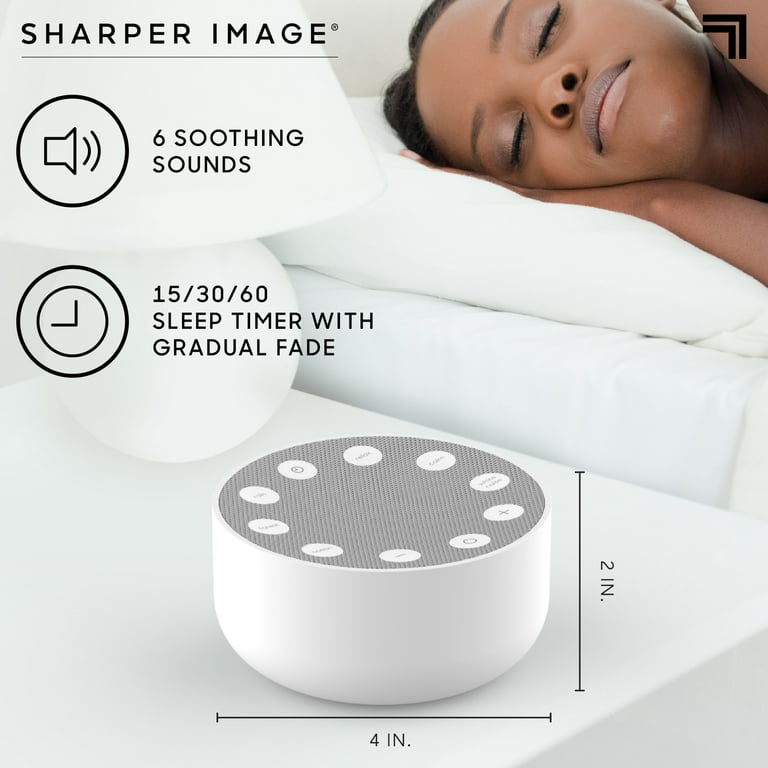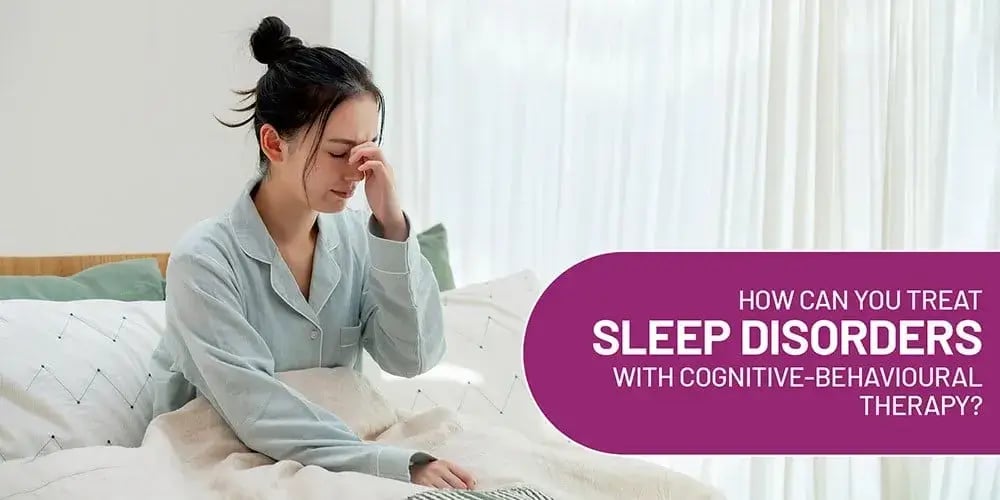Cognitive Behavioral Therapy for Insomnia (CBT-I) - Proven Approaches
Cognitive Behavioral Therapy for Insomnia (CBT-I) - Proven Approaches
Blog Article
Effective Therapy Solutions for Managing Sleep Disorders and Enhancing Peaceful Sleep
In the realm of medical care, the monitoring of sleep problems and the pursuit for restful sleep are pivotal components of general well-being. As we navigate the complex landscape of rest disorders and seek to boost our rest experience, a much deeper understanding of these treatment options might hold the key to unlocking a more refreshing and meeting restorative journey.
Cognitive Behavior Modification for Sleep Problems (CBT-I)
Cognitive Behavior Therapy for Insomnia (CBT-I) is an organized, evidence-based therapy method that concentrates on resolving the underlying aspects adding to sleep disturbances. This type of treatment intends to change behaviors and ideas that intensify sleep problems, ultimately promoting healthy sleep patterns. CBT-I normally includes several vital parts, including cognitive treatment, sleep limitation, stimulation control, and sleep health education and learning.
Cognitive therapy helps individuals recognize and change adverse idea patterns and ideas concerning sleep that might be impeding their capacity to fall or stay asleep. Rest restriction includes limiting the quantity of time spent in bed to match the person's real sleep period, thus enhancing sleep performance (sleep deprivation help). Stimulus control methods aid develop a strong association between the bed and sleep by motivating people to visit bed just when sleepy and to stay clear of participating in stimulating tasks in bed
Furthermore, sleep hygiene education concentrates on creating healthy and balanced rest routines, such as maintaining a consistent rest routine, creating a relaxing bedtime regimen, and optimizing the rest environment. By resolving these aspects adequately, CBT-I uses a reliable non-pharmacological intervention for managing sleeplessness and boosting overall rest quality.
Rest Hygiene Practices
Having actually developed the structure of cognitive restructuring and behavioral alterations in attending to sleeping disorders via Cognitive Behavior modification for Sleeping Disorders (CBT-I), the emphasis now changes towards discovering necessary Sleep Health Practices for preserving optimum rest high quality and overall wellness.
Sleep health techniques incorporate a series of habits and environmental aspects that can significantly influence one's ability to drop asleep and remain asleep throughout the evening. Consistent rest and wake times, producing a relaxing bedtime regimen, and enhancing the rest environment by maintaining it dark, silent, and cool are important parts of great sleep health. Limiting direct exposure to displays prior to going to bed, preventing stimulants like high levels of caffeine near bedtime, and involving in normal physical task during the day can likewise promote much better rest top quality.
Additionally, practicing relaxation techniques such as deep breathing exercises or meditation before bed can assist calm the mind and prepare the body for rest. By including these sleep hygiene practices right into one's everyday regimen, people can establish a healthy sleep pattern that supports peaceful rest and overall wellness.
Leisure Strategies and Mindfulness
Implementing relaxation strategies and mindfulness methods can play a crucial duty in promoting a feeling of calmness and promoting high quality rest. Furthermore, assisted imagery can assist deliver individuals to a peaceful place in their minds, assisting in tension decrease and boosting sleep top quality.
Mindfulness methods, such as reflection and yoga exercise, are also reliable in advertising leisure and boosting rest. Mindfulness encourages people to remain present in the moment, releasing bother with the past or future. By incorporating these methods right into a going to bed routine, people can signal to their bodies that it is time to prepare and unwind for sleep. Overall, integrating leisure techniques and mindfulness techniques can dramatically add to taking care of rest disorders and enhancing total sleep top quality.

Medicine Options for Rest Disorders
After discovering leisure methods and mindfulness methods as non-pharmacological treatments for boosting sleep quality, it is important to take into consideration medication options for individuals with rest problems. In situations where lifestyle modifications and therapy do not offer enough alleviation, medication can be an important device in managing rest disruptions.
Frequently suggested medications for rest conditions include benzodiazepines, non-benzodiazepine hypnotics, antidepressants, and melatonin receptor agonists. Benzodiazepines, such as diazepam, are sedatives that can help cause sleep, however they are typically suggested for temporary usage because of the threat of dependence. Non-benzodiazepine hypnotics like zolpidem are likewise made use of to treat sleeping disorders and have a lower risk of dependence compared to benzodiazepines. Antidepressants, such as trazodone, can be advantageous for cure for rls individuals with co-occurring anxiety and sleep disruptions. Melatonin receptor agonists, like ramelteon, target the body's natural sleep-wake cycle and can be useful for controling sleep patterns.
It is essential for individuals to consult with a doctor to determine one of the most ideal medication option based upon their particular sleep problem and case history.
Light Treatment for Circadian Rhythm Guideline
Light therapy, also referred to as photo-therapy, is a non-invasive therapy technique used to control circadian rhythms and enhance sleep-wake cycles. This therapy involves direct exposure to bright light that simulates natural sunshine, which helps to reset the body's body clock. By exposing people to particular wavelengths of light, commonly in the morning or night depending upon the desired result, light therapy can properly change the body clock to promote wakefulness throughout the day and boost relaxing rest during the night.
Research study has shown that light therapy can be specifically helpful for individuals with circadian rhythm conditions, such as delayed rest stage disorder or jet lag. It can additionally be useful for those experiencing seasonal affective problem (SAD), look at this now a sort of anxiety that typically takes place throughout the wintertime months when all-natural light exposure is decreased. Light treatment is normally well-tolerated and can be used in conjunction with various other treatment approaches for sleep conditions to enhance results and enhance general sleep quality.
Verdict
To conclude, reliable therapy options for taking care of sleep conditions and improving peaceful sleep consist of Cognitive Behavioral Therapy for Sleep Problems (CBT-I), rest hygiene techniques, relaxation techniques and mindfulness, medicine choices, and light treatment for body clock policy. These strategies can assist individuals enhance their sleep top quality and total wellness. It is very important to talk to a health care provider to identify one of the most appropriate technique for attending to rest problems.
As we navigate the detailed landscape of rest conditions and look for to boost our sleep experience, a deeper understanding of these therapy remedies might hold the key to opening a much more rejuvenating and fulfilling restorative journey.
Sleep restriction includes limiting the quantity of time invested in bed to match the person's real sleep duration, therefore enhancing rest efficiency. Consistent sleep and wake times, creating a relaxing bedtime routine, and optimizing the sleep atmosphere by keeping it dark, peaceful, and cool are critical components of great rest hygiene. Light therapy is usually well-tolerated and can be utilized in conjunction with other treatment techniques for sleep disorders to maximize outcomes and revenge sleep syndrome enhance general sleep high quality.

Report this page